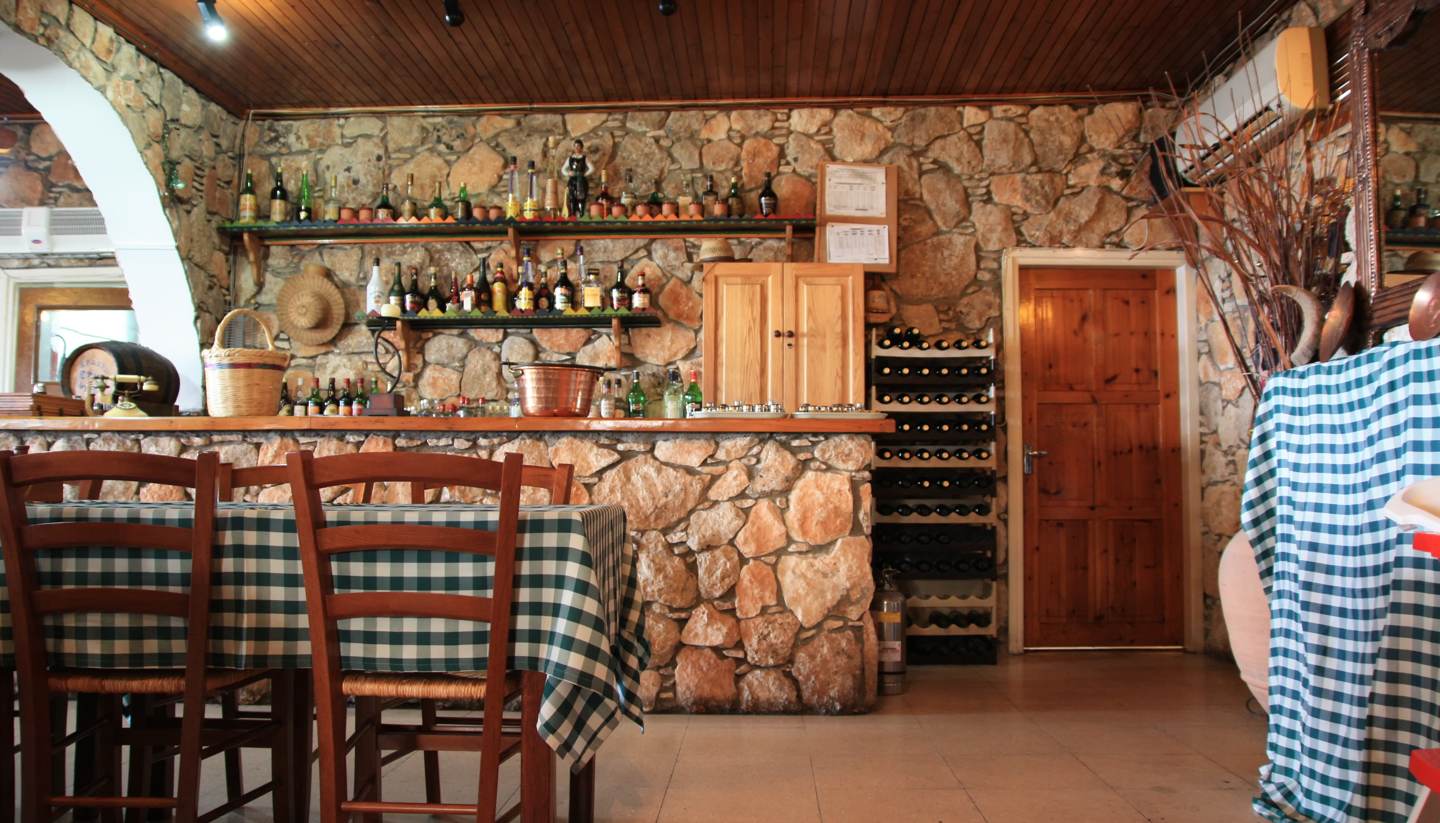Cyprus Health Care and Vaccinations
| Title | Special precautions |
|---|---|
| Typhoid | No |
| Yellow Fever | No |
| Diphtheria | No |
| Hepatitis A | Yes* |
| Malaria | Yes |
| Rabies | Yes |
| Tetanus | Yes* |
No vaccinations are required to visit Cyprus; Hepatitis A* and Tetanus* are advisable only. Rabies vaccines are advisable to travelers that may come into direct contact with Cypriot bats.
Malaria: Three cases of Malaria tertiana (Plasmodium vivax) occurred in the North of Cyprus (Esentepe, Kyrenia) at the end of August 2017. Travellers are advised to apply insect repellent.
A CDC level 2 (enhanced precautions) alert for malaria in Cyprus has been removed. Areas with risk for malaria are Agios Amvirosios and Kyrena, where travelers should use preventative methods against mosquito bites.
Health Care
Reduced cost emergency treatment (sometimes free) is available to all foreign nationals in possession of a European Health Insurance Card. This is only in conjunction with cooperating state-provided healthcare, so if you are asked to pay up front, it’s likely you are not being treated under one of these schemes.
It should be noted that a European Health Insurance Card (EHIC) is not valid in the Turkish part of Cyprus. It is also advisable to check the working of any private medical insurance policy you purchase to ensure it is valid in North Cyprus.
All visitors are advised to purchase additional medical insurance for the duration of their stay, and should have access to funds to cover the cost of treatments. Receipts are issued to reclaim costs back from your insurance company. The island has private medical centres where health and cosmetic treatments are offered. They can be found in all the main towns. Dental services are not free and visitors should have medical insurance that covers emergency treatment.
Food and Drink
Milk is pasteurised and tap water is generally safe to drink. Bottled water is widely available from supermarkets and kiosks. As with all destinations, it is advisable to eat well-cooked fish and meat, especially chicken and pork which are staples on all hotel and restaurant menus. Vegetables should be cooked and fruit washed in fresh water or peeled.
Other Risks
Cyprus temperatures can be high and the sun’s rays strong, especially in the summer months. It is advisable to stay out of the sun around midday and wear a hat, sunglasses and a good, high factor sunscreen at all times to protect your skin against sunburn. Drink plenty of water to avoid dehydration.


